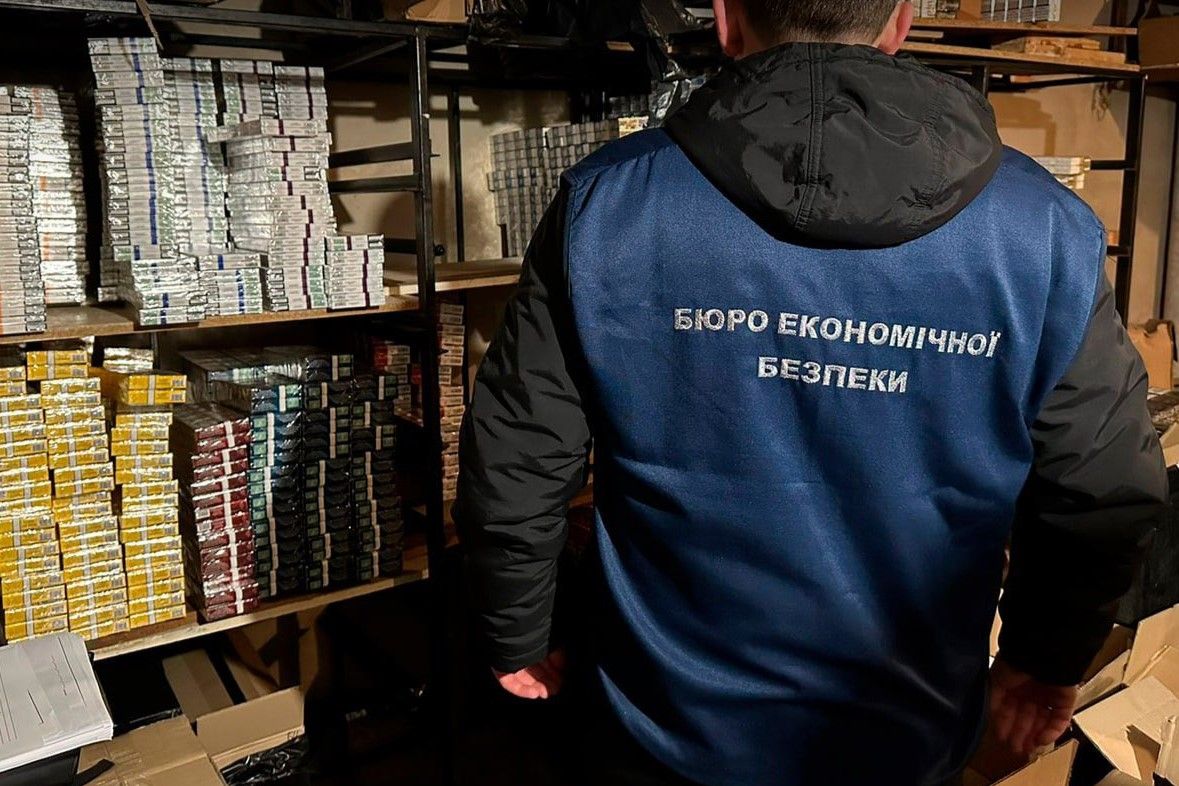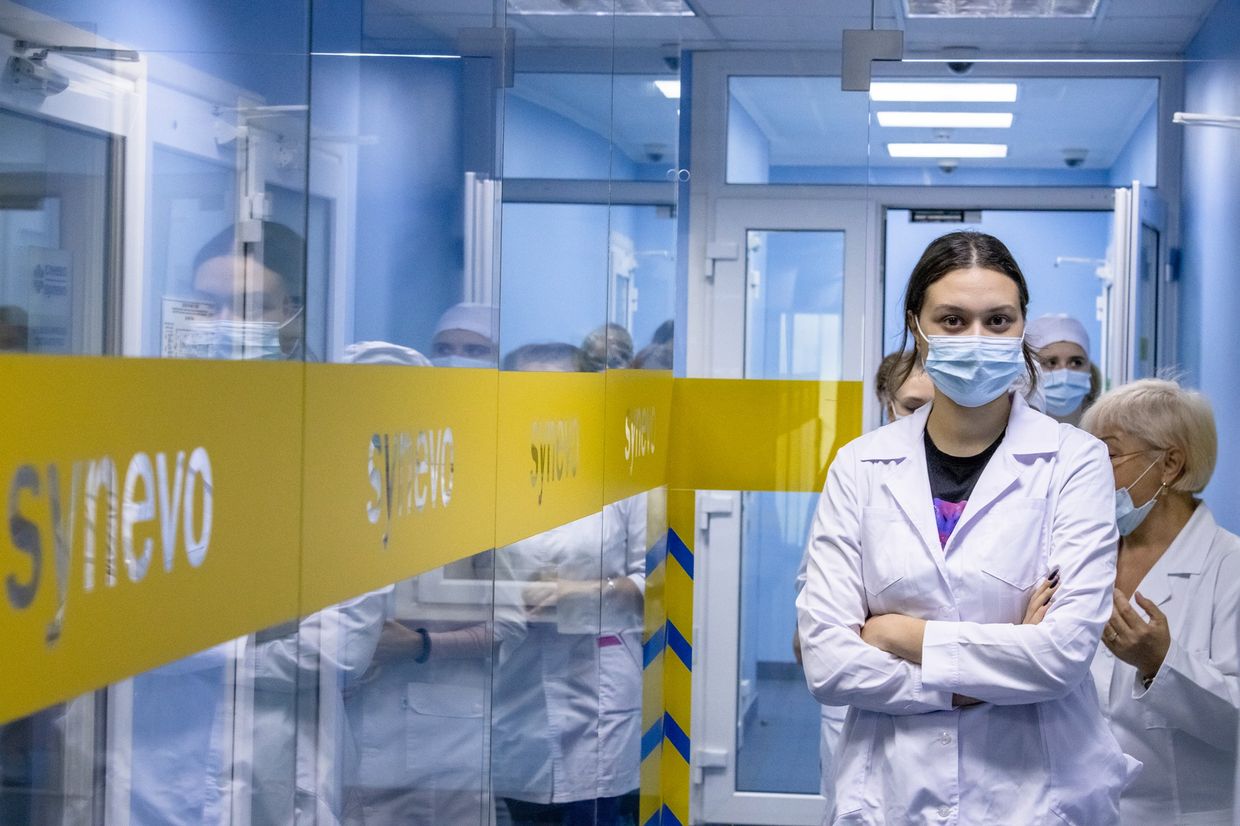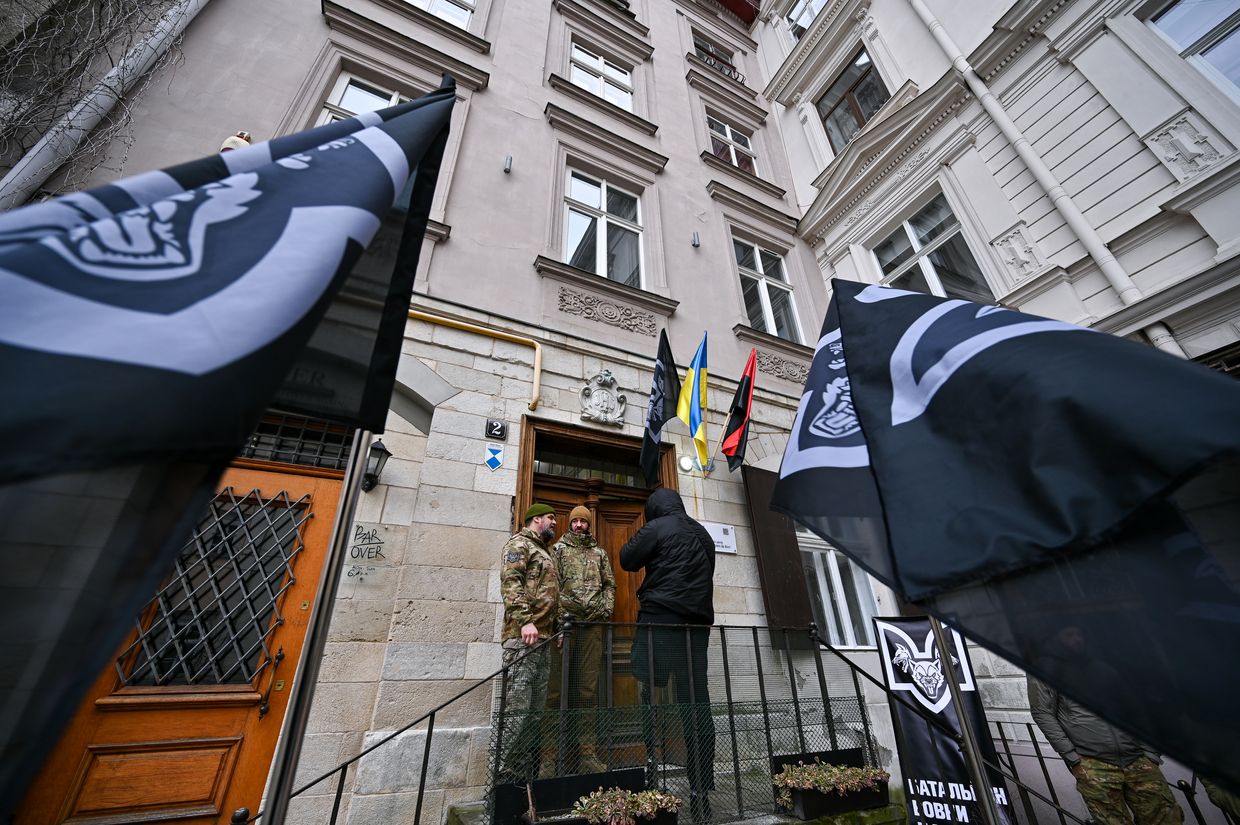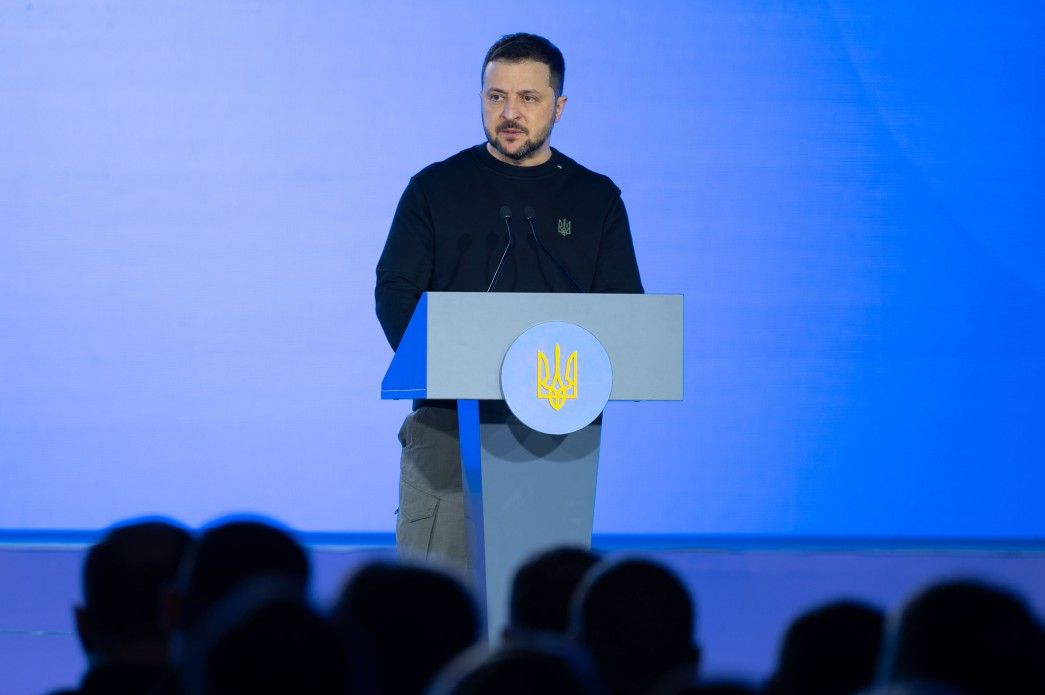MP Yaroslav Zhelezniak: Developments in Ukraine’s parliament on economic reforms, international obligations — Issue 45

Editor’s note: This is issue 45 of Ukrainian lawmaker Yaroslav Zhelezniak’s weekly “Ukrainian Economy in Brief” newsletter, covering events from Feb. 26- March 3, 2024. The digest highlights steps taken in the Ukrainian parliament related to business, economics, and international financial programs.
The Kyiv Independent is republishing with permission.
IMF benchmarks in focus
Lawmakers resubmitted a draft law on restarting the Bureau of Economic Security (BES) that is supported by business and international partners.
Lawmakers Yaroslav Zhelezniak, Anastasiia Radina, and others on Feb. 28 resubmitted a draft law on restarting the BES. The new draft law is registered as №10439-4. Its text is the practically the same as draft law №10439-2, which was fully supported by all key business associations, NGOs and international partners.
Among the changes is the provision which gives members of the Civil Oversight Council an opportunity to take part in the competition commission in the future.
As we reported earlier, despite enormous pressure from the President's Office, the Verkhovna Rada (Ukraine's Parliament) rejected the Cabinet of Ministers’ draft law #10439 on its version of restarting the BES. The alternative draft laws, including №10439-2 were also automatically rejected.
The Committee on Finance, Tax and Customs Policy must now gather proposals from lawmakers and the government and prepare a draft law for a repeated first reading by March 11.
The Cabinet of Ministers has already sent a proposal with changes to its initial draft law, №10439. Unfortunately, despite all the private and public promises to business and international partners, the government does not intend to consider all the criticisms and change the draft law significantly. One of the only proposed changes is a time limit for staff re-attestation of 12 months.
The Cabinet of Ministers still insists on several aspects of the bill that in fact, block a proper restart of the BES and are not supported by business associations, expert NGOs and international partners.
For example, the Cabinet of Ministers refuses to clarify the detailed procedure of the re-attestation process directly in the law. It also suggests leaving the opportunity to design and determine a re-attestation procedure on its own, which could result in political influence.
Moreover, the Cabinet of Ministers does not determine a clear structure of re-certifying the commission in the draft law and leaves this decision on the current BES director, which risks the re-certification commission being formed in favor of current employees.
Furthermore, the Cabinet of Ministers' draft law doesn’t give a decisive vote to international representatives in the competition commissions, which could also result in political influence and electing a director who is loyal to the President's Office.
The Parliament will consider the Cabinet of Ministers' draft law with amendments to the Criminal Procedure Code that have been criticized by business.
This week, the Verkhovna Rada will consider draft law №10440 submitted by the Cabinet of Ministers. This draft law is the part of the first draft of the bill on the BES restart designed by the Cabinet of Ministers. It includes several amendments to the Criminal Procedure Code which affects business, particularly those related to the BES powers.
The draft law was widely criticized by business associations regarding the claims of toughening pressure of law enforcement on business. For example, the BES's right to engage units from other law enforcement bodies during searches.
As a reminder, the group of lawmakers who are authors of draft law №10439-2 on restarting the BES also submitted the draft law №10440-3 with amendments to the Criminal Procedure Code which is an alternative to the Cabinet of Ministers' version.
The alternative draft law is aimed at ensuring additional protection of business interests during searches, seizure of property and other procedural actions, as well as reducing the illegal pressure of law enforcement on business.
World Bank priorities
Time is running out for President Volodymyr Zelensky to sign the draft law for the World Bank Development Policy Loan (DPL).
The Verkhovna Rada on Feb. 22 finally adopted three draft laws related to the World Bank DPL: draft law №5865 on financial markets, №5593-d on state-owned enterprise corporate governance reform, and №9266 on electronic crop receipts. These draft laws have to be signed no later than March 4 to ensure that the World Bank will agree to the DPL for Ukraine.
Chairman of the Parliament Ruslan Stefanchuk, signed and transferred the documents to the President's Office on Feb. 26.
However, as of March 4, the president hasn’t signed the aforementioned draft laws.
Other key economic issues
The president’s Servant of the People faction submitted the biggest number of amendments to the Cabinet of Ministers' draft law on mobilization.
The Servant of the People faction submitted 1,818 amendments to the second reading of the Cabinet of Ministers' draft law №10449 on mobilization. The faction was the leader in number of submitted amendments to the draft law. In second “place” was the Holos faction with 438 amendments, and in third “place” was the Batkivschyna Party with 359 amendments.
The Vidrodzhennyia (Revival) parliamentary group submitted an amendment that proposes an exemption from mobilization for an additional monthly tax that is equal to the average salary in Ukraine. A similar concept was earlier publicly advocated by Rostyslav Shurma, deputy head of the President's Office.
As we reported in Issue 44, overall, lawmakers submitted 4,195 amendments to the draft law on mobilization. The parliament won’t begin considering the draft law in the second reading as it was expected in the best case scenario.
The President announced a cash back program for purchasing Ukrainian goods, the idea faced criticism from business and economists.
On Feb. 26 at an event in Kyiv titled "Made in Ukraine," President Zelensky announced the development of a Ukrainian cash back program called "Buy Ukrainian."
According to the president’s official website, Ukrainian citizens will be able to get a partial refund for money spent on the purchase of certain Ukrainian goods and services.
The idea was met with widespread criticism among Ukrainian economists, expert NGOs and business, such as Kyiv-Mohyla Business School professor Valerii Pekar, the Center of Economic Strategy, owner of the biggest private post operator Nova Poshta, and many others.
The idea was already called a redo of a similar ideas from previous years, especially the 2012 “Kupui Ukrainske” (“Buy Ukrainian”).
The biggest problem is that no one in the government who came up this idea has calculated the needed budget expenses for it. Considering the dependence on international loans and support, the Ukrainian state budget obviously doesn’t have enough money to implement the idea.
Moreover, such concepts are considered to be harmful for fair competition and create a lot of loopholes for corruption as it’s too difficult to define which products can be considered as 100% national in a global economy.
Last, but not least, nothing was said about the fact that a 19.5% income tax should be paid from such cash back.
At the same event, Zelensky also said that it was up to Ukrainians to decide when to vote on the draft law on the BES.
“The Chairman of the Verkhovna Rada of Ukraine is present here. I really want the draft law to be voted on in the near future. Everyone is waiting. And it is very important that everyone is waiting inside Ukraine. It is very important that Ukrainians determine when to vote and adopt this or that law in Ukraine," the president said, addressing Ruslan Stefanchuk, chairman of the Ukrainian Parliament.
The Presidential Office blocks lawmakers’ business trips abroad.
According to our information, the President's Office and, apparently, Zelensky himself, are blocking lawmakers' business trips according to their voting record on certain draft laws considered extremely important for the President's Office. The evidence shows that the President's Office is forbidding lawmakers’ trips despite all permissions from the Verkhovna Rada's management.
Roman Kostenko, a lawmaker from the Holos opposition faction was forbidden to go on a business trip literally while already on his way to Munich. Other lawmakers from coalition and opposition factions who didn’t vote for the Cabinet of Minister's draft law on the restart of the BES received unofficial messages that their business trips would be rejected or cancelled.
Yaroslav Zhelezniak, the first author of the alternative draft law on restarting the BES was not allowed to go on a business trip to Brussels on March 6 at the invitation of a European Parliament member.
Zhelezniak was also warned that he will be banned from visiting Paris to take part in the Meeting of the OECD Global Parliamentary Network as the Co-Chair of the Ukrainian Group of Friends with the OECD.















